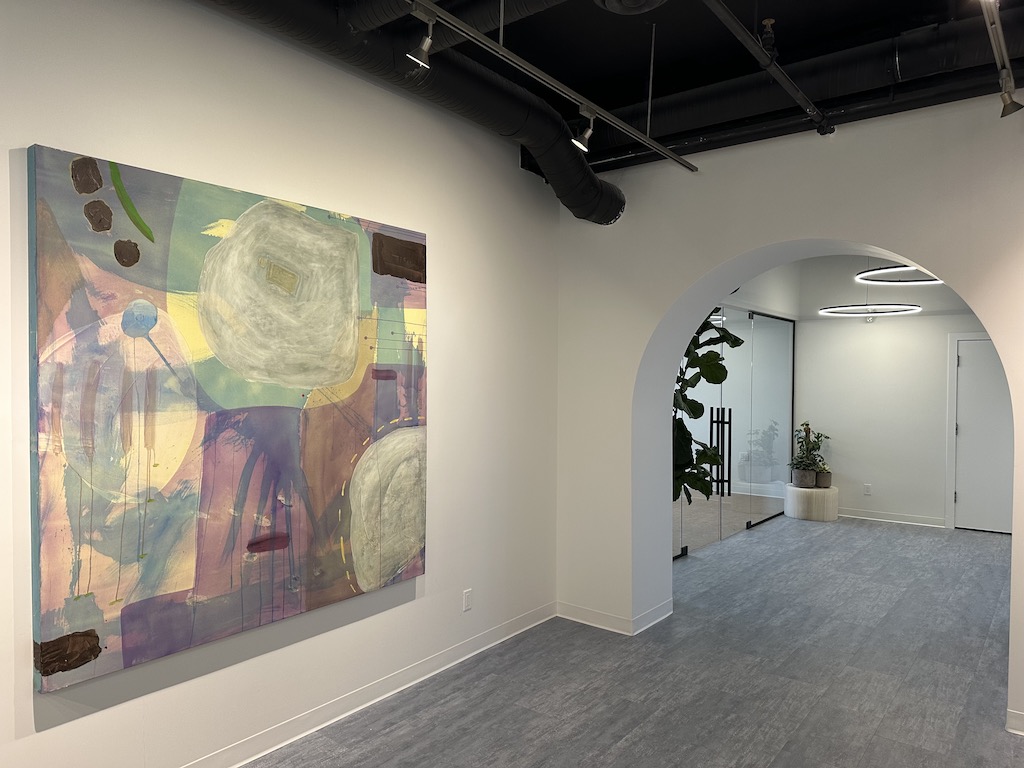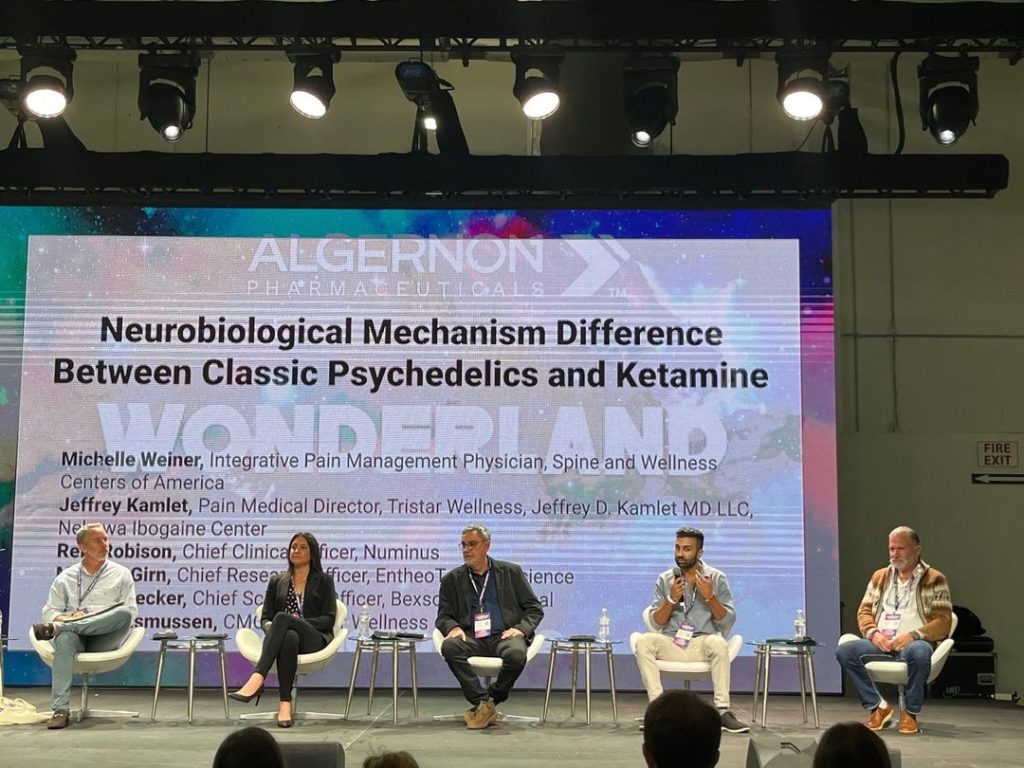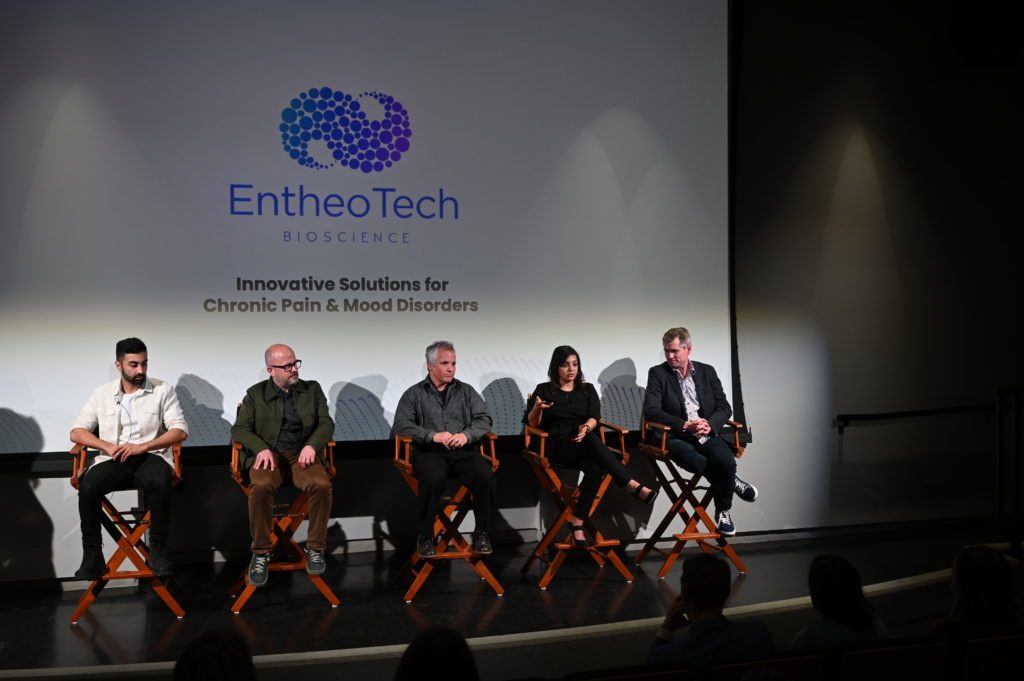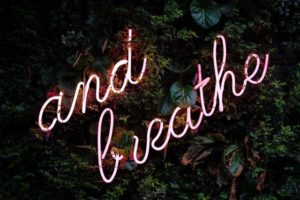Following up on the 1,000+ research articles and myriad of books and commentaries from the mid-20th century, psychedelics are making a comeback. The current psychedelic renaissance is a very complex and multifaceted one, spanning academic, medical, and scientific circles, the popular media, and a rapidly growing business industry.
To the psychedelic newcomer, this is a daunting world to get into. Given the rich history of this class of drugs, there is often a lot of assumed knowledge and it can be tough to navigate without it. In this post, we provide a list of five books that will help you be an informed participant in the emerging psychedelic conversation.
How to Change Your Mind by Michael Pollan
This one is an easy choice for this list. For many psychedelic newcomers over the last couple of years, this book was their entry point. In very readable prose, this book seamlessly blends informative non-fiction reporting on the history, sociology, psychology, and neuroscience of psychedelics, with the very relatable autobiographical journey of a skeptical newcomer exploring the space in a hands-on manner. If you don’t have time to read the other four books, this one is definitely a great one to get your feet into the psychedelic world!
Philosophy of Psychedelics by Chris Letheby
This is a very well-written recent book by psychedelic philosopher Chris Letheby. It serves as a great and highly-readable review of psychedelic psychotherapy: what it is, what the results have told us so far, and the current perspectives on how it works. As you might expect, he also dives into the philosophical issues that arise when thinking about how psychedelics work and the effects they may have on people. If you’re less interested in the history and sociocultural aspects of psychedelics, and more interested in the latest perspectives and points of contention in psychedelic psychotherapy, this is a great place to start.
The Psychedelic Explorer’s Guide by James Fadiman
James Fadiman is a highly esteemed elder in the psychedelic space, who was right there in the middle of the wild 60’s and in the first wave of psychedelic research. During that time, he conducted pioneering work on psychedelics and creativity, and intermingled with all the famous personalities from that era including Timothy Leary, Richard Alpert a.k.a. Ram Dass, Alan Watts, Aldous Huxley, and others. This book is more practical than the preceding books on this list, and is a treasure trove of resources on how to best approach, prepare for, and integrate your psychedelic experience. He offers a holistic and careful vision of how psychedelics can be used, acknowledging both their limitations and potential benefits, all with a good dose of wit and humour.
The Ketamine Papers: Science, Therapy, and Transformation by Phil Wolfson, Glenn Hartelius
For those who are interested in diving deep into the latest research and perspectives on ketamine, this is the go-to. This is an anthology from a variety of well-known and respected researchers, spanning from in-depth discussions of the ketamine experience, to the history of ketamine, to its use in therapy, to its broader transformative potential. Although technical at times, this comprehensive book is on the whole quite readable for the layperson and full of fascinating information on this unique drug.
LSD: Doorway to the Numinous by Stanislav Grof
The author of this book, Dr. Stanislav Grof, is perhaps the pioneer in psychedelic psychotherapy. Referred to as the ‘godfather of LSD’ by the chemist who discovered LSD, Dr. Grof was one of the first to systematically and comprehensively catalog the world opened up through high dose LSD sessions conducted in a therapeutic context. From the 1960’s to mid 1970’s, Dr. Grof supervised or led over 4,000 sessions of LSD psychotherapy. Since then, he has written around a dozen books including his recent multi-volume set ‘The Way of the Psychonaut’ which covers his life’s work. This book is an in-depth walkthrough of what he learned from those thousands of sessions and features his ‘cartography’ of the psychedelic experience. Understanding Grof’s work is essential to understanding the depth of what psychedelics can do and how they can facilitate growth and healing, both on a personal and collective level. We should warn that this one isn’t light reading!














